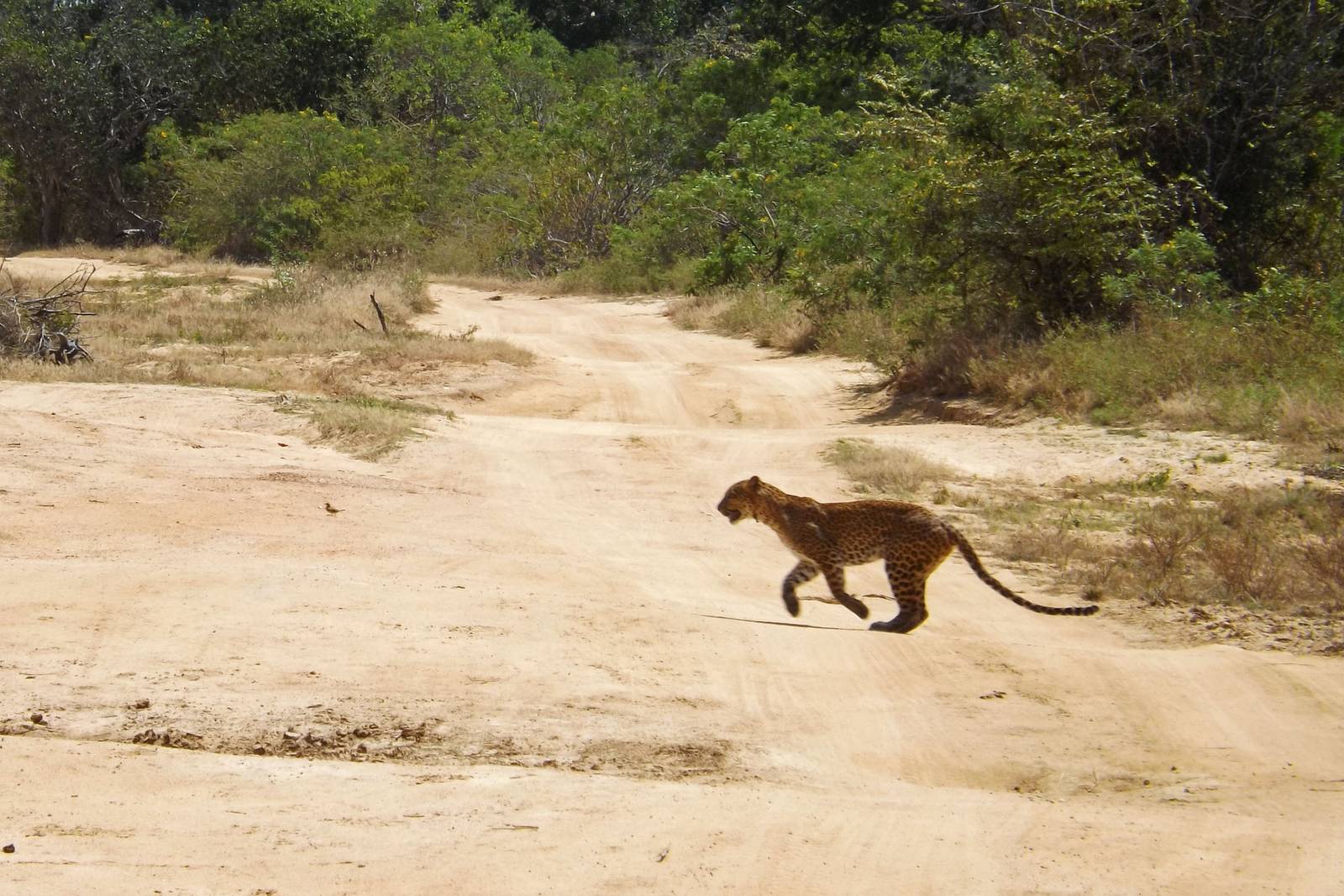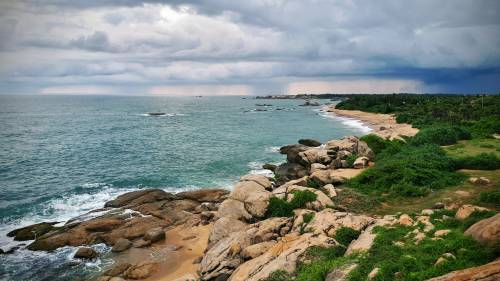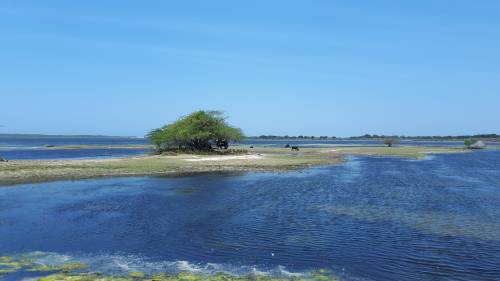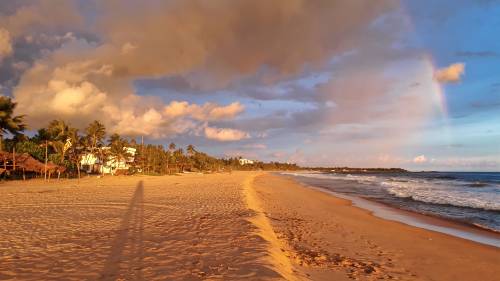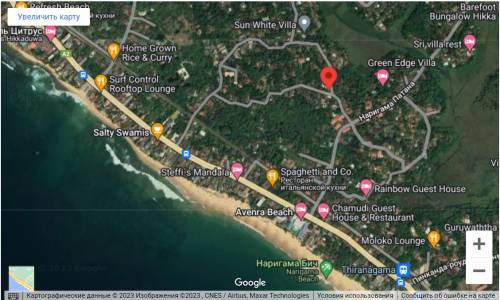Park area: 97,878 hectares (979 km²)
Main Attractions: Yala has the highest concentration of Leopards in the world. Inhabited by crocodiles, elephants, deer, sambars, bears, wild petrels, wild buffaloes, peacocks and a variety of bird species, including migratory birds such as flamingos.
Yala Park — one of the best places for eco-tourism in Sri Lanka.
Located 24 km northeast of Tissamaharama and 290 km from Colombo on the southeast coast of Sri Lanka, covering a vast 97,878 hectares over the Southern and Uva provinces. Yala combines a nature reserve with a national park. The park is divided into 5 blocks consisting of light forests, bushes, meadows, ponds and lagoons, the first — most visited, the road network is much better developed and easily accessible even without a four-wheel drive. In the past, some parts of the park were closed to visitors due to LTTE terrorist activities, but now most of these areas are open to the public
Located in the southeastern part of Sri Lanka overlooking the Indian Ocean, the Yala Park area was named a wildlife sanctuary in 1900 and received the status of a national park in 1938. Ironically, the park was originally used as a hunting ground for the British elite. Yala is home to 44 mammal species and 215 bird species. Among its most famous residents — leopards, elephants, sloth bears, sambars, jackals, spotted deer, peacocks and crocodiles. The best time to visit Yala is between February and July, when the water level in the park is quite low and the animals come out into the open more often.
Vegetation in the park includes predominantly semi-arid thorny scrub interspersed with pockets of fairly dense secondary forest. Small patches of mangrove vegetation are also found along coastal lagoons. The park is famous for its wildlife diversity and its beautiful coastline with coral reefs. It also boasts a large number of important cultural ruins that testify to earlier civilizations and indicate that a significant part of the area was inhabited and well developed.
Safari in Yala National Park
One of the most important aspects of the Yala National Park safari — this is a good guide. Although wildlife is abundant throughout the park, animals such as the Sri Lankan sloth bear and the leopard require the skills of an experienced naturalist guide who knows about the movements of these animals throughout the park at certain times.
The best time to see these animals (including leopards), — early morning and at dusk. The park is mainly known for its dense population of leopards. They are accustomed to human presence and do not usually run away when a vehicle is encountered. Elephants are the most common species in the park
The best way to go on a safari is to get to the coastal town of Tissamaharama and then hire a jeep and a driver. If you have your own car, you can simply drive up to the front gate and pay the entry and trekking fees.
History and description of Yala National Park
Yala is one of the oldest and most famous of Sri Lanka's national parks. And this is the largest agglomeration of protected areas in the country. Diverse ecosystems ranging from wet monsoon forest to dry forests, deciduous and spiny forests, pastures, freshwater and marine lands and sandy beaches contain a large number of important plant and small animal species.
The rivers Kumbukkan Oya in the northeast and the Menik Ganga and tributaries in the west flow through the park, providing a source of water for the animals even during the driest months of the year.
Yala plays a very important role in preserving a large amount of flora and fauna in the country. Historical and religious sites such as Kataragama, Sitthulpahuwa and Magul Maha Vihara and many archaeological sites add additional value to the area.
Yala West (Rukhuna) National Park is well known as one of the best parks in the world to watch and photograph leopards. However, other areas of Yala, such as Yala East, have been closed to visitors for several years and are now being explored. Yala West is made up of scrub jungle, brackish lagoons and stunning rock monoliths scattered throughout the park, its eastern edge bounded by the island's southeast coast. There are more than thirty leopards in Yala and this is the highest density anywhere in the world. Sri Lankan leopards are also believed to be a separate subspecies from their Indian neighbors and the largest leopards in Asia.
There is also a significant population of elephants, sika deer, sambars, wild buffaloes, bears, jackals, mongooses, pangolins and crocodiles. There are more than 120 species of birds and range from lesser flamingos to paradise flycatchers, crested hawk eagles and black bitterns. Outside the park are several other spectacular bird dens, including the ancient hermitage of Situlpahuwa, the Debalawa swamps, and Palatupana Salts. The coastline is a large nest for sea turtles. The dry season falls from May to August and the park closes for a short time during September and October.
